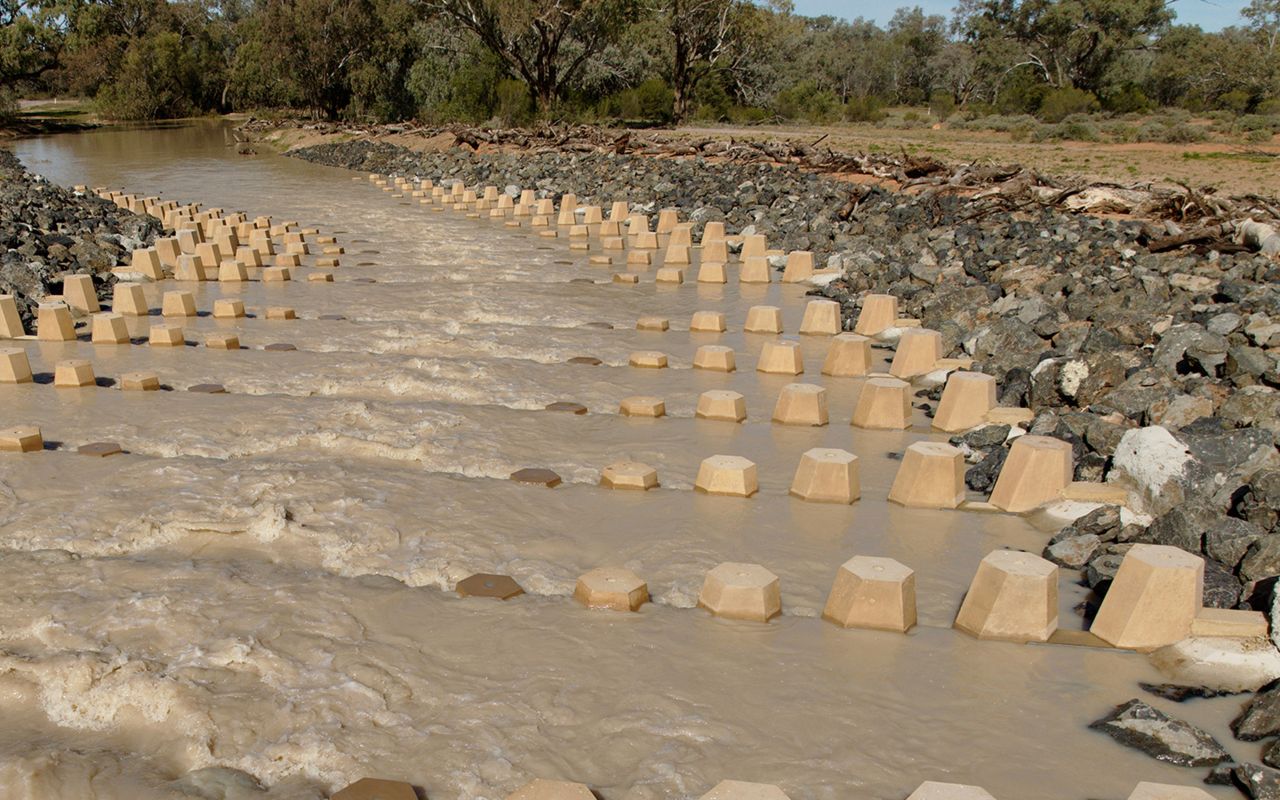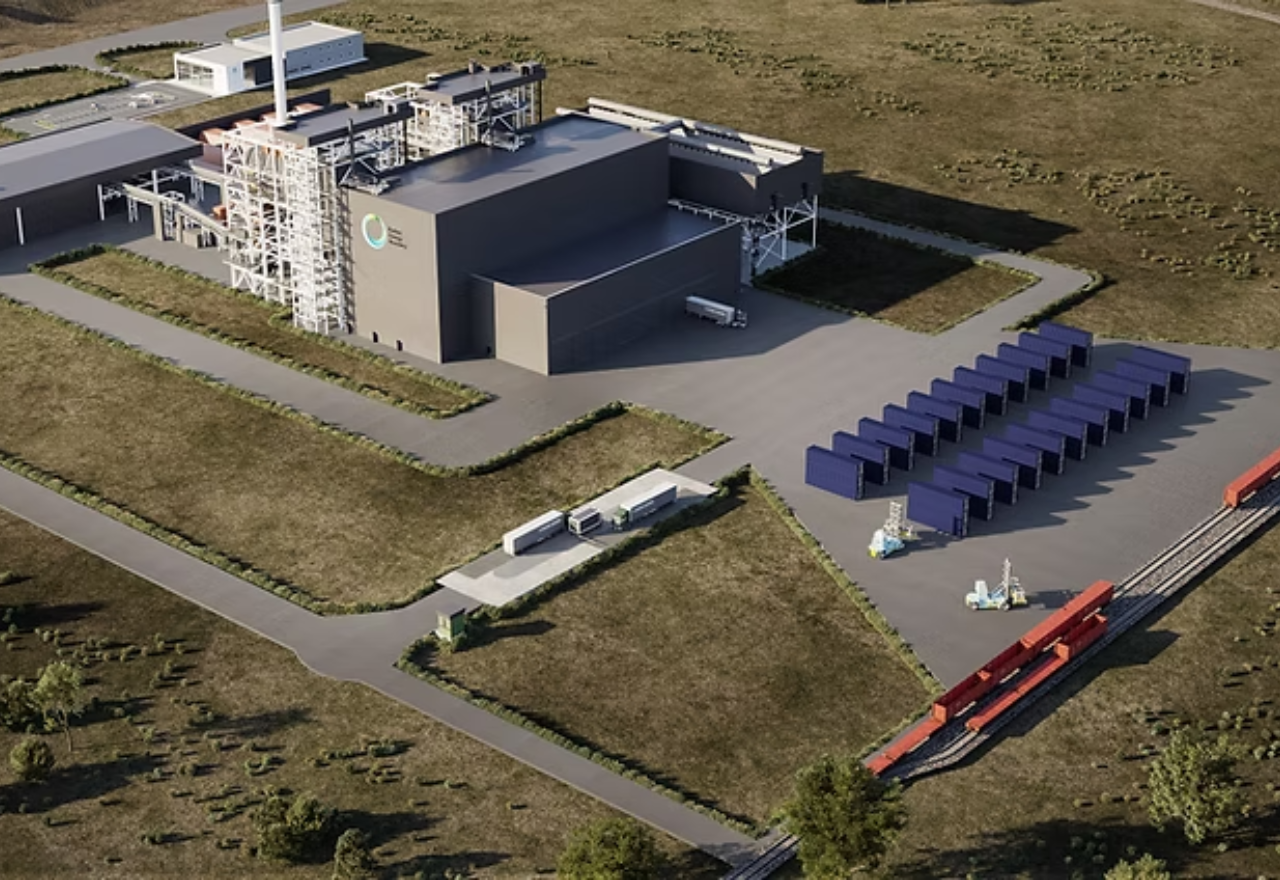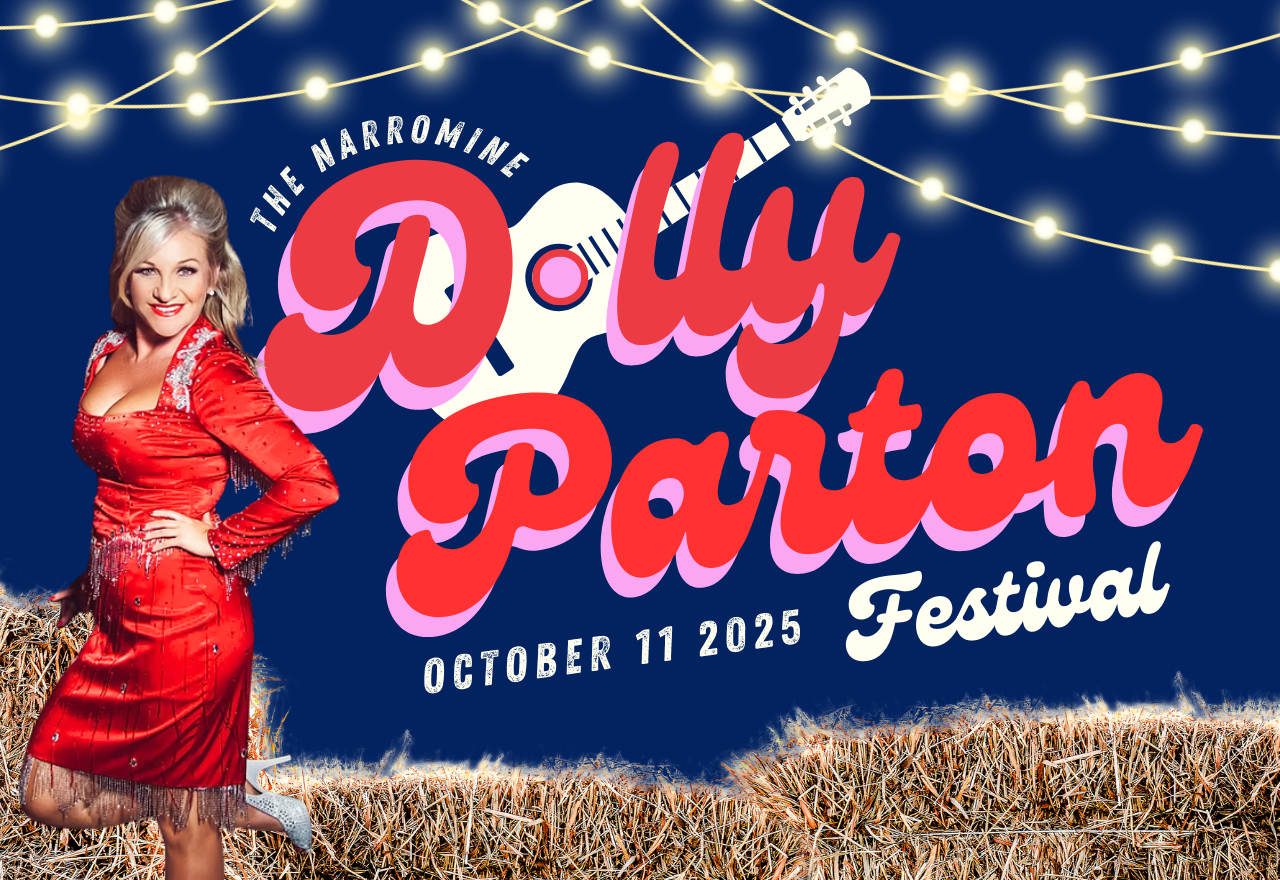Labor's super tax could be "devastating" for farm families
Ailish Dwyer
23 July 2025, 9:20 PM
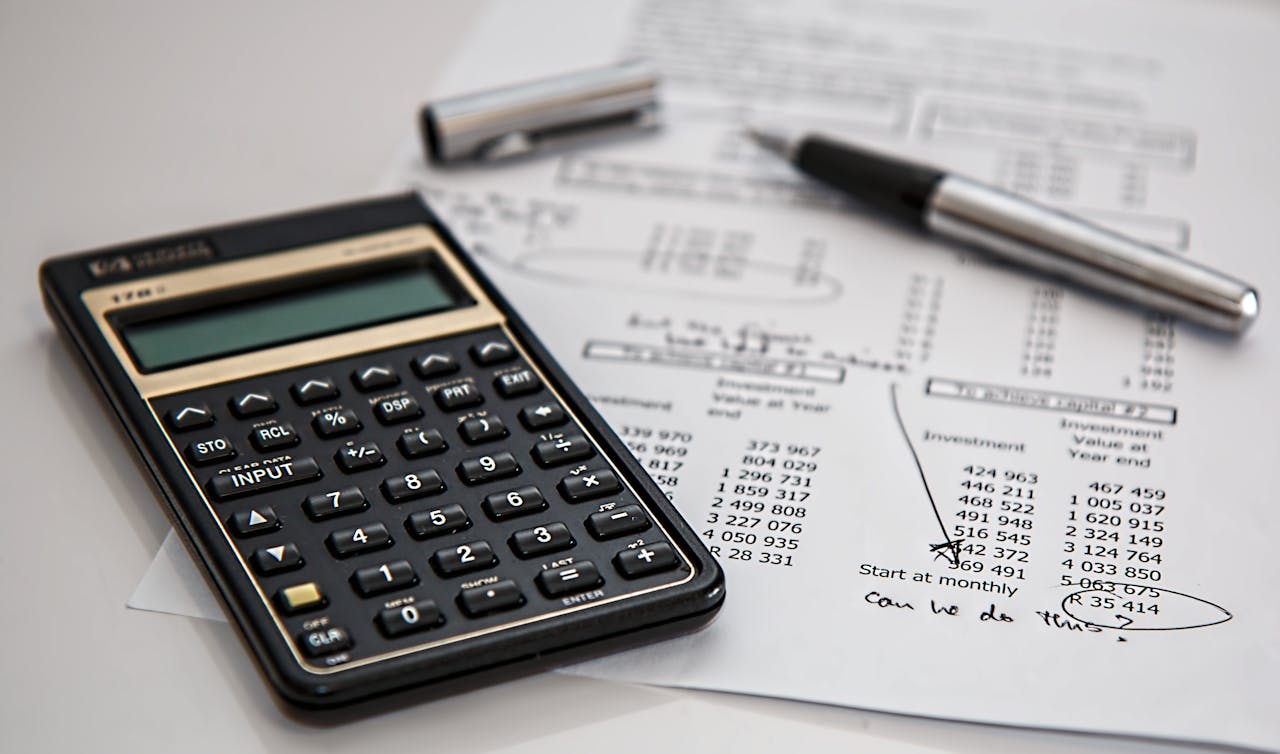 Labor's proposed super tax would tax super at 30 per cent for people whose super balance was above $3 million. [IMAGE: Pexels]
Labor's proposed super tax would tax super at 30 per cent for people whose super balance was above $3 million. [IMAGE: Pexels]Labor's proposed Super Tax policy is not a new idea, however the opening of a new Labor-majority parliament on Tuesday 22 July has brought it back into the limelight.
Peak farming bodies are among those railing against the proposal - calling it 'horrendous'', "ridiculous" and potentially "devastating".
Currently, assets in super funds are charged at a tax rate of 15 per cent. Labor's proposal would see a 30 per cent tax rate on the earnings of people who have a super balance above $3 million.
An estimated 80,000 Australians already have enough super to be affected by the changes, while opponents argue that many more ordinary people would soon be affected.
But the changes wouldn't just apply to 'realised' gains (i.e. actual monetary increases), it will apply to 'unrealised' gains as well.
Realised gains are profits from selling an investment for more than its original purchase price.
Unrealised gains are increases in value of an investment that is still held, for example owning a house that has increased in market value.
This is where farmers would be disproportionately affected, according to National Farmers Federation (NFF) President David Jochinke.
“It’s fundamentally unfair to tax hardworking families for paper gains on assets they haven’t sold,” said Mr Jochinke.
“This would be an even more devastating outcome for Australia’s farming families."

National Farmers Federation President David Jochinke.[IMAGE: National Farmers Federation]
Under current rules, a farmer whose property is held in their Self-Managed Super Fund (SMSF) would only pay tax when the value is 'realised' by being sold.
If the proposed Super Tax became law, they would be charged for the 'unrealised' earnings- i.e. they would pay tax for the farm property in their self-managed super if it is valued above $3 million.
SMSFs are a commonly used tool in small businesses to manage assets and business succession.
Retired Coonamble-based accountant Geoff Secombe explains that many farmers also use their SMSF to expand their business without having to go to the bank.
"If a piece of land comes up, and they have value in their fund, they'll use their fund to purchase land.
"Many farmers prefer to own land in their super fund because it helps them continue to expand, and it has a more immediate impact on their business than a superannuation fund they can't touch until 67."
He agrees that farmers with farm assets held in self-managed super funds would be in the firing line if the new rules are approved.
"Farms in particular are going to be so badly affected because of the growth in land value in recent years.
"A lot of farms will rapidly find themselves in a situation where that land value is going to be more than $3 million.
"They're then going to have to face the prospect of coming up with the tax on the gain."
Mr Secombe believes the super tax is heinous and would be disastrous if implemented.
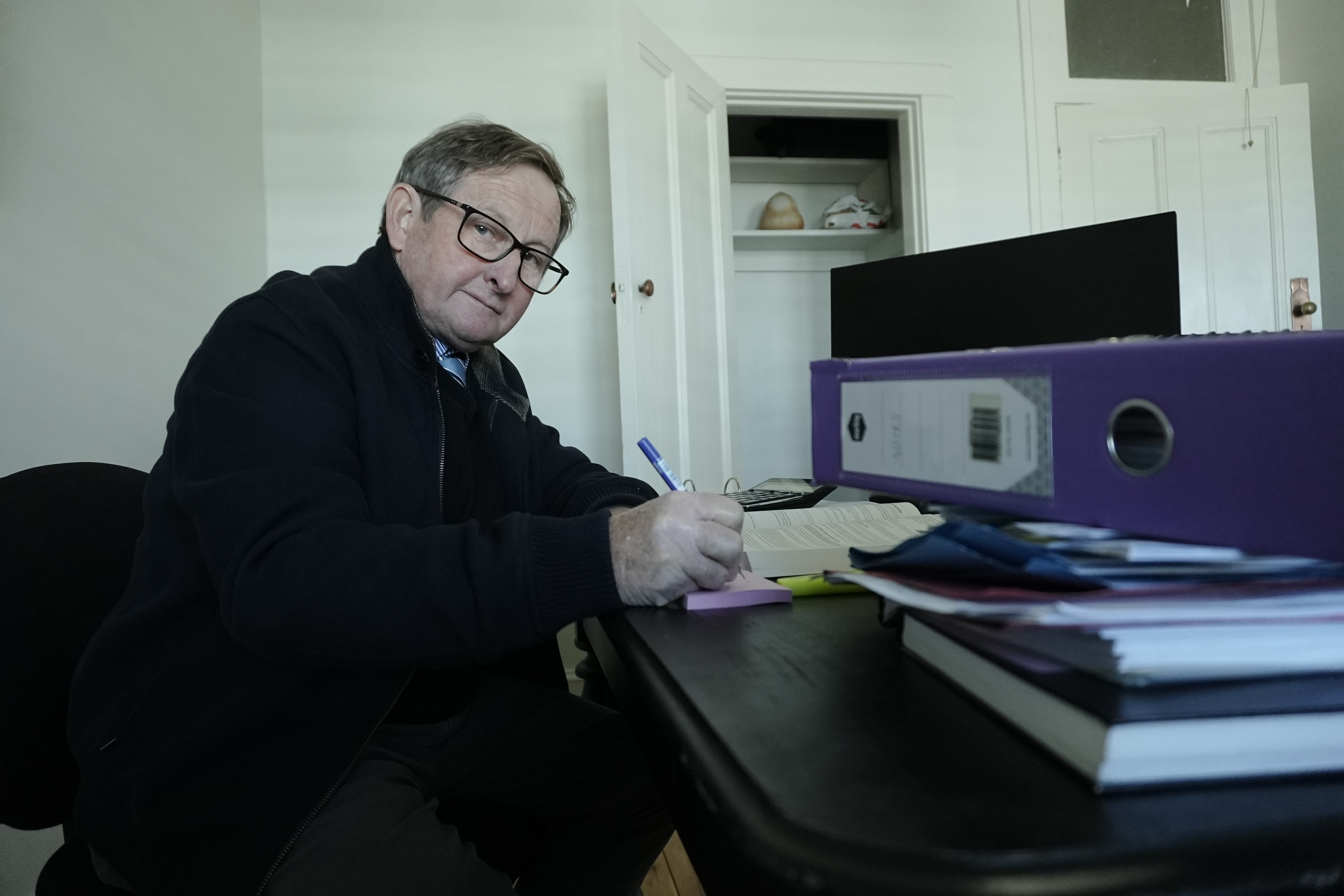
Veteran rural accountant Geoff Secombe says a tax on unrealised gains would be "horrendous." IMAGE: Coonamble Times
"This is an horrendously disastrous idea, because they're taxing unrealised gains," said Mr Secombe.
"Unrealised gain means you haven't sold something so you don't have any cash, but they're going to tax you on that increase in value and that tax bill is going to require real cash.
"So if your fund doesn't have the cash to pay it, your fund is going to have to sell assets that it would not have to sell if there was no tax on unrealised gains."
Mr Secombe believes there is "no basis on which this tax in a good idea."
The Australian government estimates super tax discounts cost the federal budget more than $50 billion in lost revenue each year.
The Greens have called for a lowering of the threshold in the bill to $2 million, with indexation.
However, in the new Senate, Labor can pass legislation without needing support from any crossbenchers.
Super tax is yet to officially become law.
